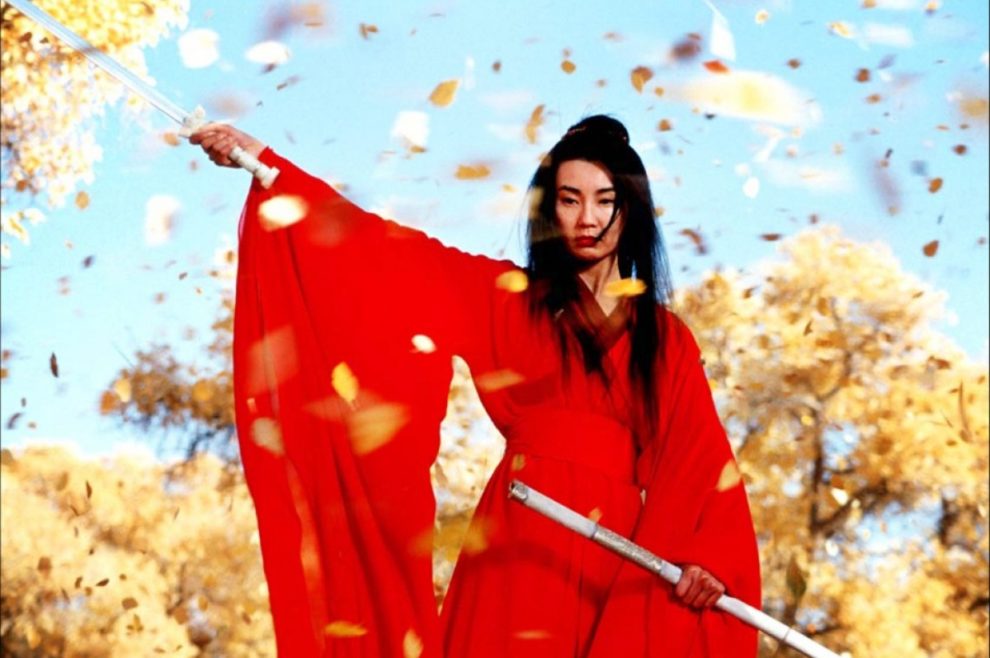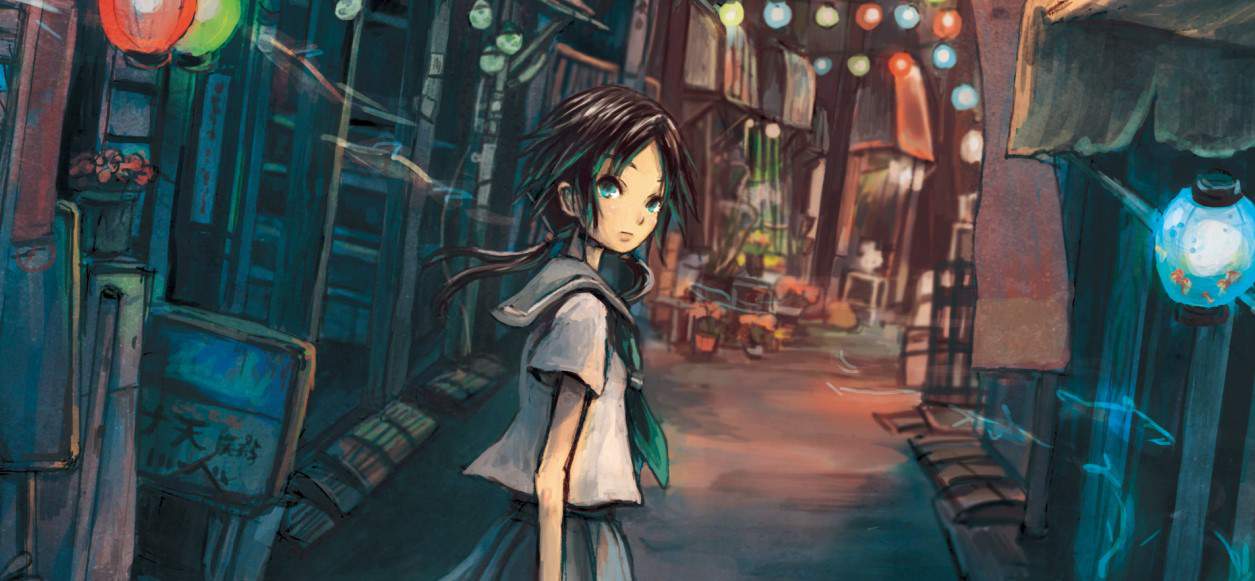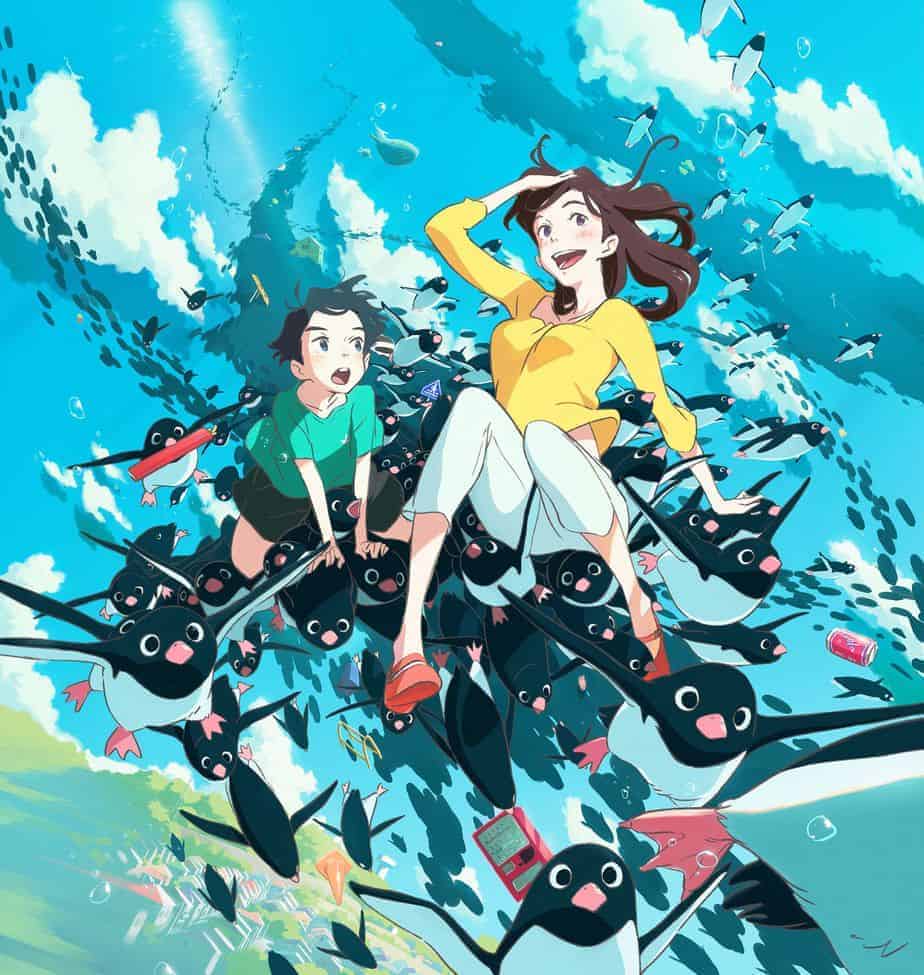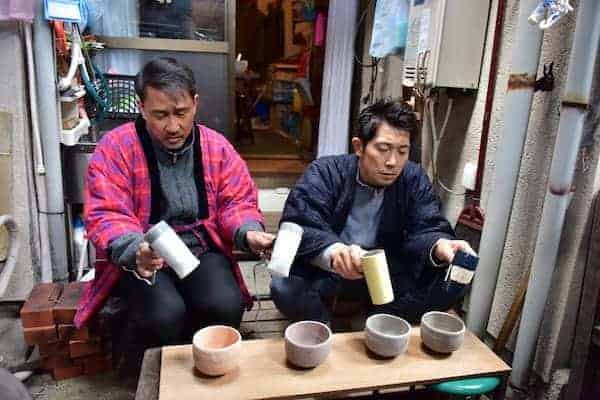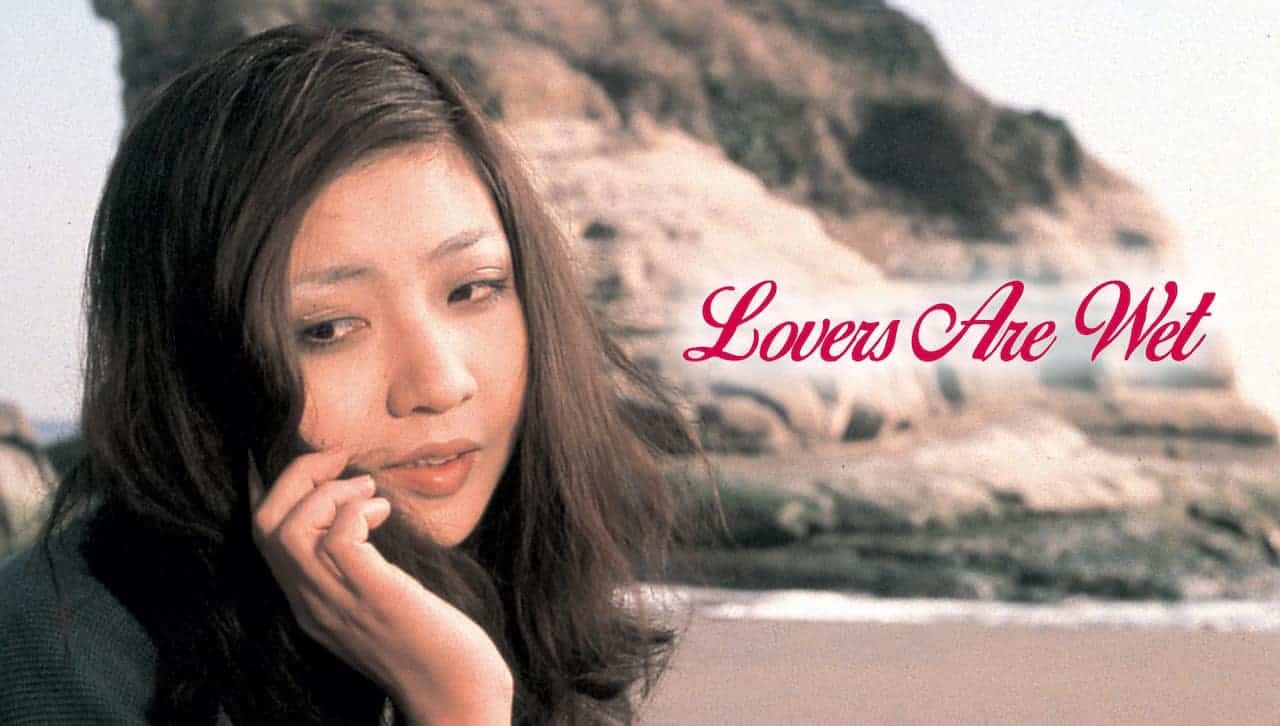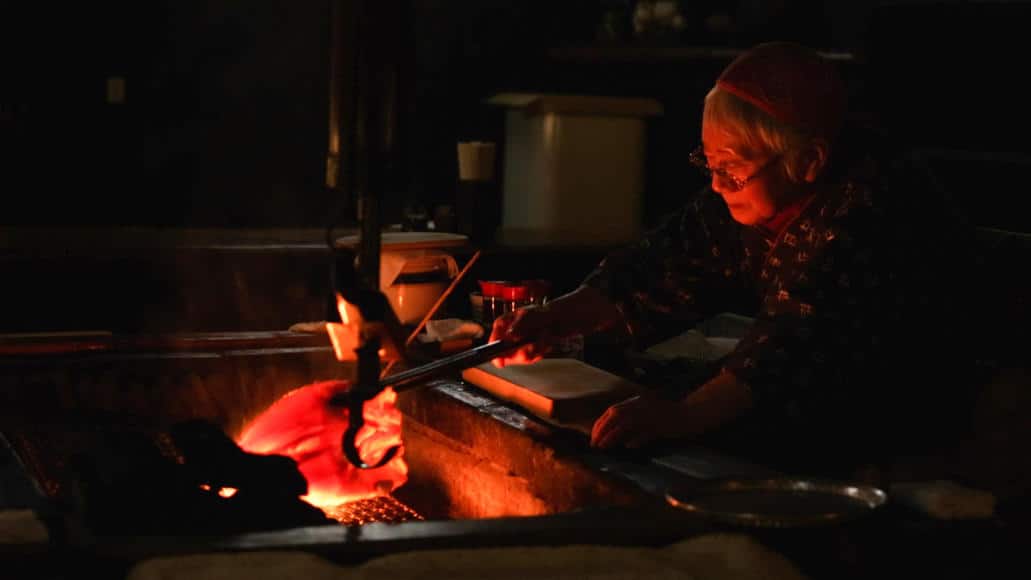Whereas his last project “Happy Times”, a blend of comedy and tragedy, garnered favorable reviews but to this day remains one of the director's smaller features, Zhang Yimou's next movie, the wuxia drama “Hero” marked a huge success for its director, both critically and commercially. Even today, “Hero” is one of the fan favorites among the many films by Zhang, and together with such features as “Crouching Tiger, Hidden Dragon” started a renaissance of the genre, to which the Chinese filmmaker has contributed many other stories, albeit with lesser success. In the 2002 film he tells the story of the founding of China's first dynasty, which resulted in the unification of the country after seven warring states had fought for many years to rule it entirely. Apart from being visually stunning, even by today's standards, “Hero” is a timeless story about the passions of men and how they can manipulate or even define our entire being.
Buy This Title
on Amazon
In ancient China, seven kingdoms fight each other for power over the whole of the country, with the King of Qin (Chan Daoming) being the most ambitious and supposedly the most dangerous of them all. In order to stop him, the rulers of the other parts of the country have sent out assassins to kill him, but after a few unsuccessful attempts on his life, the King of Qin has passed a strict policy of who can be near him, and has strengthened his military presence as well as his bodyguards. However, when a nameless man (Jet Li) arrives at the doors of his palace, he brings news of the death of the feared assassins, all of which he killed in battle, to honor the great ruler of Qin.
As he is interested how one man was able to overcome three of the most skilled fighters of China, the stranger begins his tale of how he first fought against Long Sky (Donnie Yen), a feared master of the spear, and, in the end, against Flying Snow (Maggie Cheung) and her former lover Broken Sword (Tony Leung). To prove his deeds, he presents the weapons of the assassins, and is allowed to come closer to the king, as reward for his actions. However, once Nameless has finished his tale, the ruler is doubtful of the truth, suspecting a skillful deception, and thus challenges the stranger with his version of the story, the one he thinks is more probable.
One of the few aspects Zhang Yimou wanted to include in the feature was a certain color scheme which would reflect the mood of the characters and the progression of the overall story. Considering the director's other projects, “House of Flying Daggers” or, more recently, “Shadow”, included a similar visual approach, this concept presents many opportunities in terms of narration and character progression. In the case of “Hero”, it reflects a time of great contrast, because while wars, battles and bloodshed were leaving their mark on the country, it was also the birth of Taoism and Confucianism. The beauty of the images, further highlighted by Christopher Doyle's cinematography, stresses the principles of each character, their thought process as well as the epiphany of, for example, Tony Leung's character. Truly, there is more to each image in “Hero” than what meets the eye, and you could lose yourself in the mise-en-scène, which offers depth and beauty.
Another aspect of “Hero” is its theme of manipulation. While the story is more or less straightforward at the beginning, the viewer might arrive at the conclusion there are a few implausibilities and logical errors in the tale of Nameless, as, later on, the ruler of Qin claims. Indeed, each character has a secret or two up his/her sleeve, thus defining the artfulness of the narrative framework Yimou uses. This kind of approach also works well because of the great ensemble, with Leung, Li and Cheung being perhaps the most notable, playing characters who are great masters of deception, while also consumed by emotions and passions, which may or may not take control over them.
However, a review of “Hero” would be incomplete if it did not mention the fight scenes. Great wire work and special effects, along with the aforementioned color schemes and performances, make each of these a true delight to watch, especially the fight between Leung's and Li's character in the final act. Apart from the sheer artistry, there is also a story in each of these sequences, a drama in itself, including the themes of the feature as a whole, along with the great passions of these fighters.
In conclusion, “Hero” is a wonderfully entertaining and well-executed wuxia drama. Its strong cast, cinematography and themes of deception and passion make Zhang Yimou's feature a true delight for fans of the genre.


